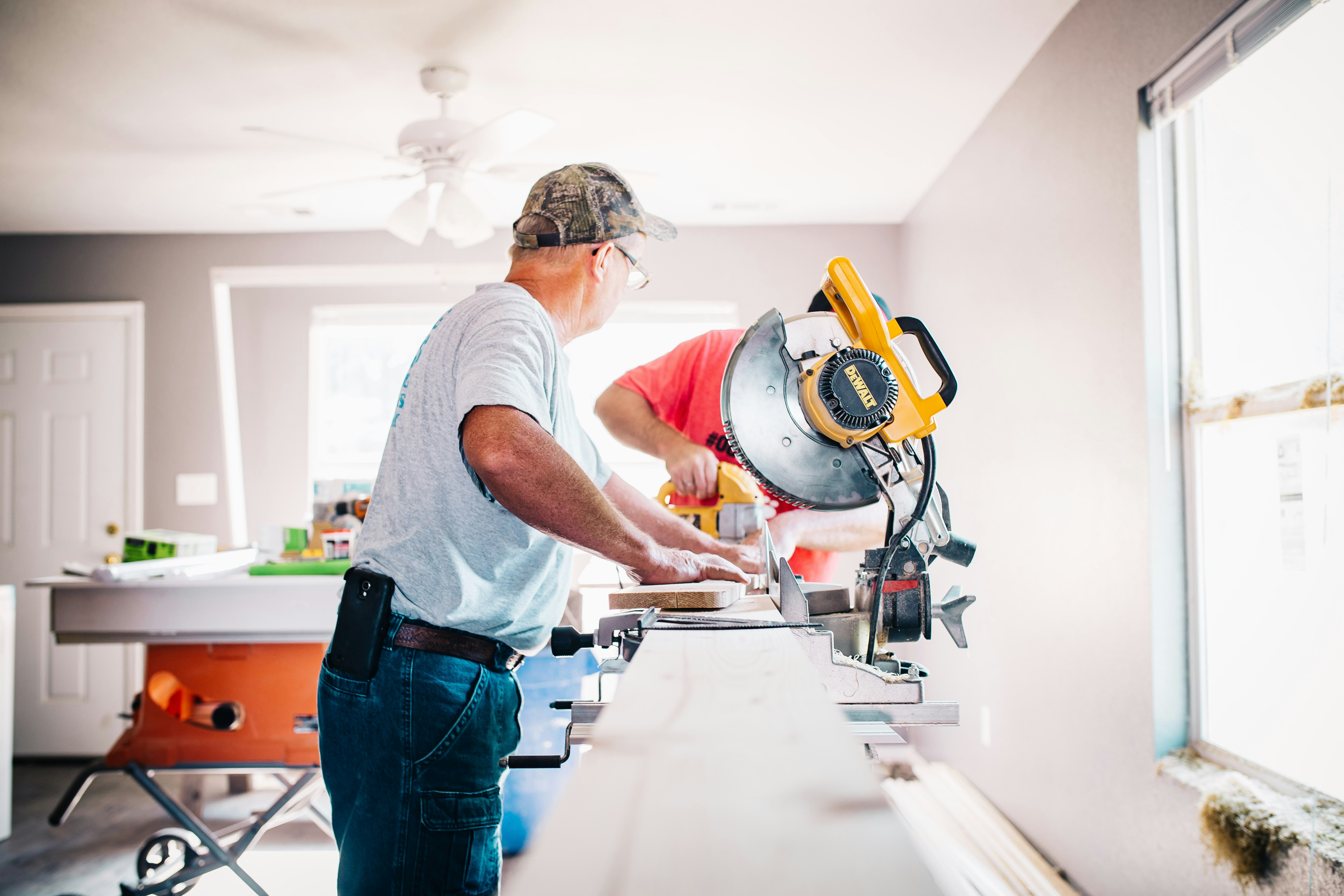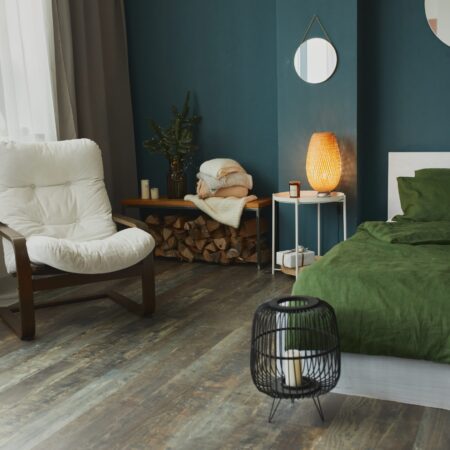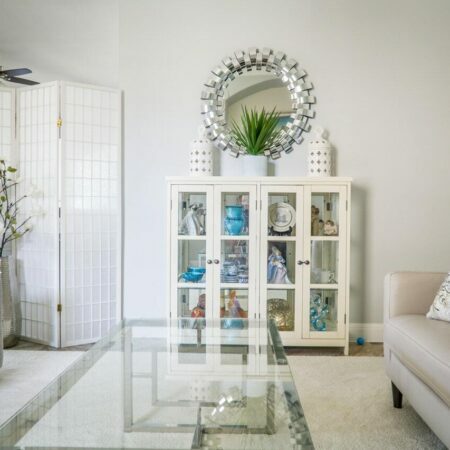There are several reasons why you may be considering downsizing. It can be more cost-effective to maintain a smaller house. You may have adult children who have moved out and established households of their own. You may also be planning to spend time traveling during your retirement or head to states with warmer climates during the winter months.
You may also benefit from decluttering for several reasons. You can reduce your anxiety and stress by reducing clutter. Your mental health will benefit from eliminating negative triggers. You will also feel energized and empowered by reducing clutter.
Decluttering is also a necessary part of downsizing. Reducing the size of your home means that you will not have the space to store all of the possessions you have gathered over the years. If you’re planning to declutter and downsize, these tips can help you navigate the process effectively.
1. Eliminate the Obvious

Downsizing often occurs when people are approaching their retirement. This means they have had decades to accumulate possessions. You must identify clear priorities to determine which belongings you need to keep and which ones you are willing to part with. You can start off by identifying items you no longer need or wish to keep. These items can include things that you no longer use, things that are broken or damaged and clothing that no longer fits. Dispose of broken or damaged possessions. You can opt to hold a yard sale or donate these items to thrift stores.
2. Distribute Part of Your Estate

Your property and possessions are part of your estate. If you opt to keep a lot of your belongings you may have to determine which descendants will inherit each item. You can declutter by making those decisions and passing on those items when you’re ready to downsize. One of the advantages of distributing heirlooms while you are living is that you can ensure that the right items go to the right recipient. You can also still see those items when visiting family members. This also ensures that your wishes are respected in the event that you struggle with memory issues later in life.
3. Secure a New Residence

You will need to find a new home to live in to downsize. You can turn to accessory dwelling unit (ADU) experts who can process all of the permits required by state law to construct an ADU Los Angeles for you to reside in. These residences are either attached to an existing home or built on a family’s property. If you opt to build on a family member’s property you can increase their property value. You may be able to spend more time with your family. You can also use an ADU as an effective base to call home between trips if you choose to travel during your retirement. Once you have established the plans for your ADU you can determine which items you have space to keep.
4. Plan For Outdoor Essentials

Today’s Best features extensive, professional reviews of motorhome extended warranty plans. Your downsizing budget and plans should include space for the appropriate recreational vehicle (RV) to suit your personal needs. This is an excellent option if you plan to travel during retirement. You may also be considering using your RV as a temporary residence while your ADU is built. Before you purchase an RV you should review warranty options and make certain that you have the right extended RV warranty for your vehicle to meet your personal needs and a suitable place to store your RV between trips. You may also need a shed to store outdoor property, such as patio furniture.
5. Consider Storage Options

You can declutter and downsize without eliminating all of your belongings. You may have grandchildren who are still in college who you wish to leave antique furniture or other possessions to. They may not have the ability to receive those items when you’re downsizing, but you can still downsize and secure those items for them by securing storage. You may be able to secure space in a family member’s garage or basement. You can also rent a unit in a storage facility. This can be a cost-effective way of retaining items you wish to pass on that you do not need to keep on hand once you’ve downsized.









